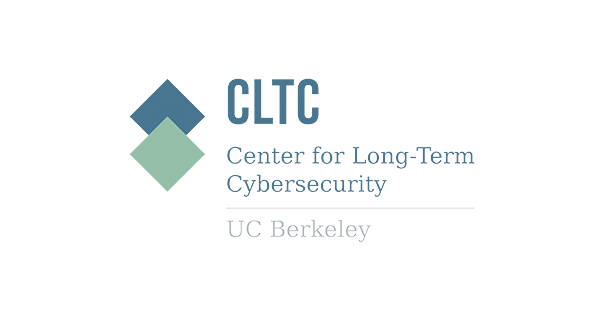The UC Berkeley Center for Long-Term Cybersecurity (CLTC) is proud to announce the recipients of our 2019 research grants. In total, 30 different groups of researchers will share a total of roughly $1.3 million in funding to support a broad range of initiatives related to cybersecurity and digital security issues emerging at the intersection of technology and society.
The purpose of CLTC’s research funding is to address the most interesting and complex challenges of today’s socio-technical security environment, and particularly to grapple with the broader challenges of the next decade’s environment. The Center focuses its research in four priority areas: machine learning and artificial intelligence, building the cyber-talent pipeline, improving cybersecurity governance, and protecting vulnerable online populations.
Some of the projects are renewals of previously-funded projects that have already yielded important results, including research on “passthoughts,” adversarial machine learning, and game apps that collect children’s data. New initiatives to be funded include protecting users from phone phishing (voice phishing); improving the cybersecurity of fall-detection systems and other health devices commonly used by the elderly; understanding the privacy implications of smart home devices for domestic workers; using blockchain for aggregating data for machine learning; and more.
All principal investigators (PIs) have a UC Berkeley research affiliation, and many of the initiatives involve partners from outside institutions. The winning initiatives include researchers from a broad array of disciplines and academic units, including the Department of Electrical Engineering and Computer Science (EECS), the School of Information, the International Computer Science Institute, and The Simons Institute, as well as Department of Jurisprudence and Social Policy and other social science units.
“We are excited to provide funding to this outstanding group of researchers, whose work is addressing important emerging issues in security, privacy, and other domains,” said Ann Cleaveland, Executive Director of CLTC. “There is no ‘silver bullet’ for cybersecurity. The diverse projects of our 2019 cohort reflect that information security is multi-faceted, spanning technical work, social practices, and the discourses that surround them in public life.”
CLTC awards two types of grants: seed grants, generally below $15,000, are intended to fund an exploratory study, while discrete project grants of up to $100,000 fund projects that have defined boundaries with clear outcomes and impact potential.
“We are honored to support this cross-disciplinary mix of research projects,” said Steven Weber, Faculty Director of CLTC and Professor in the UC Berkeley School of Information. “These projects are directly aligned with CLTC’s mission to explore what lies over the horizon when it comes to the security implications of people and digital technology.”
Visit this page for summaries of CLTC’s 2019 grant awards, or check out our 2016, 2017, and 2018 grantees.

